Looking for less inflammation? Whole, plant foods have anti-inflammatory effects with some plants being more potent than others.
Individuals eating five servings of high-antioxidant fruits and vegetables per day, like berries and greens, have shown to have a significantly better impact on reducing systemic inflammation compared to those eating five low-antioxidant fruits and veggies per day.
GOAL:
Aim for 5+ servings of fruits and veggies per day and then start incorporating high-antioxidant fruits and veggies (see below) into those servings.
The standard American diet “contributes to low-grade systemic inflammation, and oxidative tissue stress and irritation, placing the immune system in an overactive state, a common denominator of conditions such as arthritis.”1
Plant Power
There are phytonutrients in plants that appear to help decrease the degradation of the joint cartilage, inflammatory activity, cell death and oxidative damage.2
Foods Fighting Inflammation:
- Berries (strawberries, raspberries, blackberries, blueberries, goji)
- Avocado (shown to counter oxidative stress)
- Bell Peppers (VERY high in vitamin C)
- Broccoli and Kale (anti-inflammation)
- Nuts (associated with reduced markers of inflammation)
- Cherries (helps reduce inflammation)
- Dark chocolate (packed with antioxidants too!)
- Turmeric and Ginger (in the forms of root, powder, or capsules)
Foods Promoting Inflammation3
- Refined carbohydrates, such as white bread and pastries
- Fried foods like French fries and fried chicken
- Sugar-sweetened beverages like soda
- Red meat and processed meats like hot dogs, sausage, and bacon
- Margarine, shortening, and lard
- Note: It’s recommended to limit these foods
If you struggle with inflammation, adjusting what you put into your body daily can be one of your first approaches.
References:
1. The China Study
2. J Nutr Biochem. 2012 Nov;23(11):1367-77
3. Harvard Health Publishing
Eating more plants can come with its challenges. There’s a lot of nutrition noise out there, everyone has an opinion, and it can be confusing to figure out what works best for YOU. Working through these challenges and learning how to easily incorporate more plant-based foods into your diet and lifestyle can be helpful. Working with a plant-based dietitian to guide you through your unique journey and surrounding yourself with other like-minded people who are on a similar journey can be monumental. When you join my nutrition coaching program, you’ll get a highly customized, one-on-one experience to help you confidently and sustainably eat foods that taste good and make you feel good. Click the button below to learn more about my approach and see what other clients have to say.

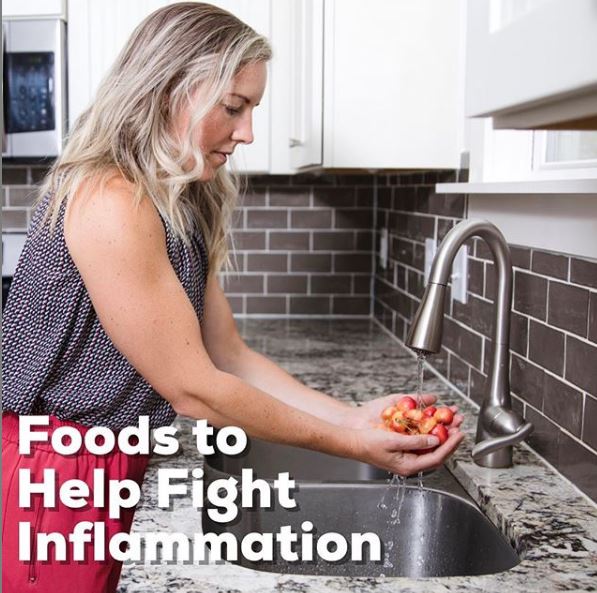





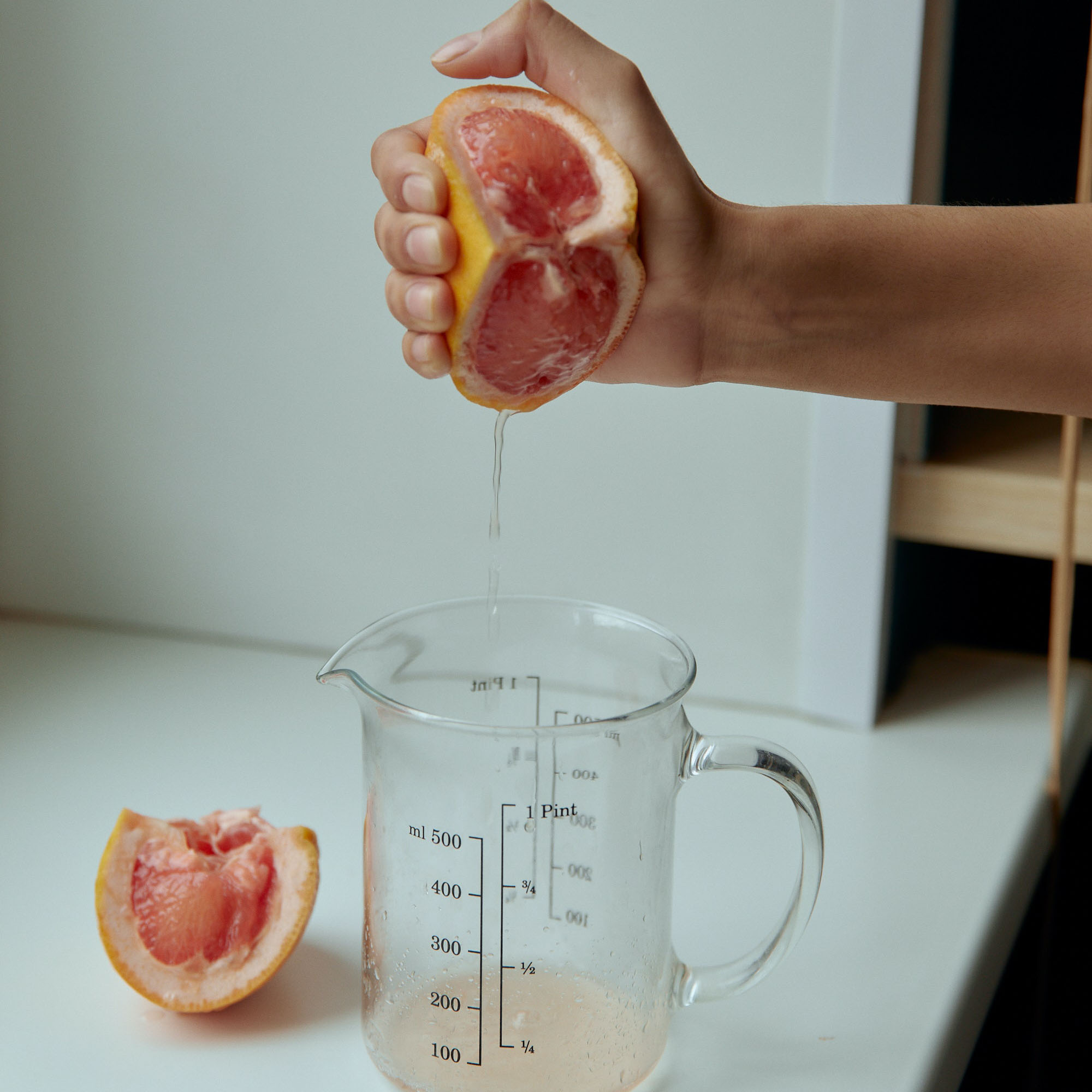











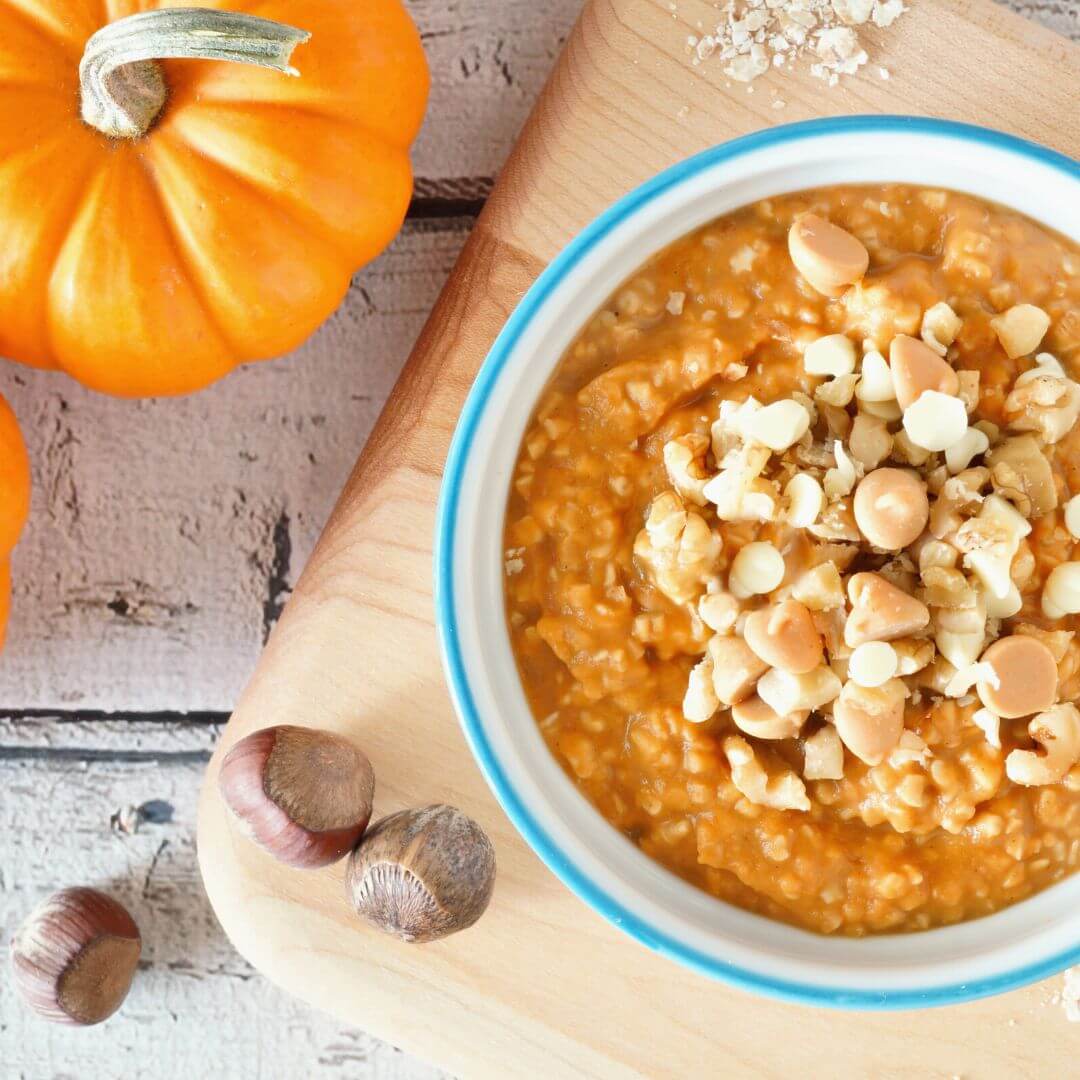

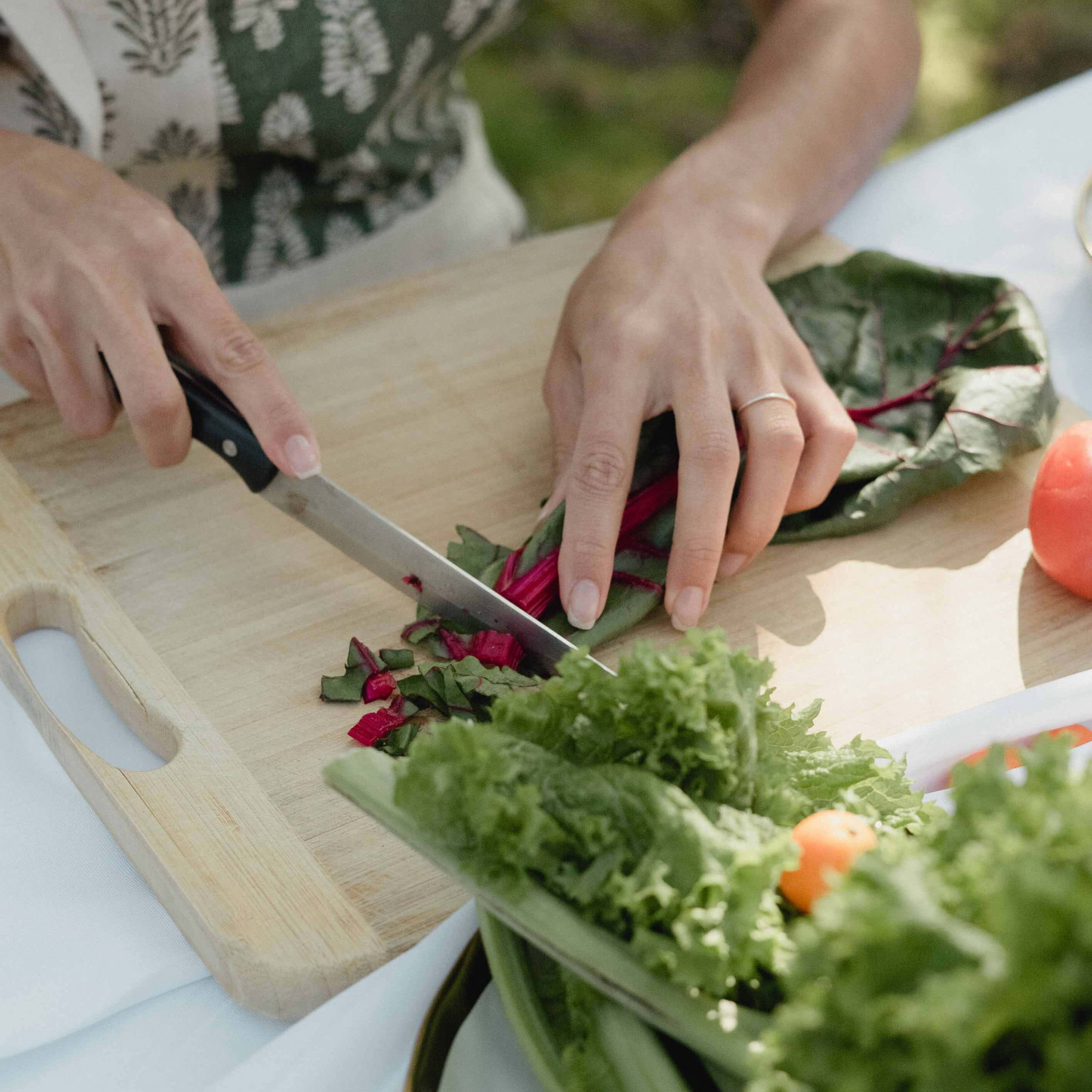


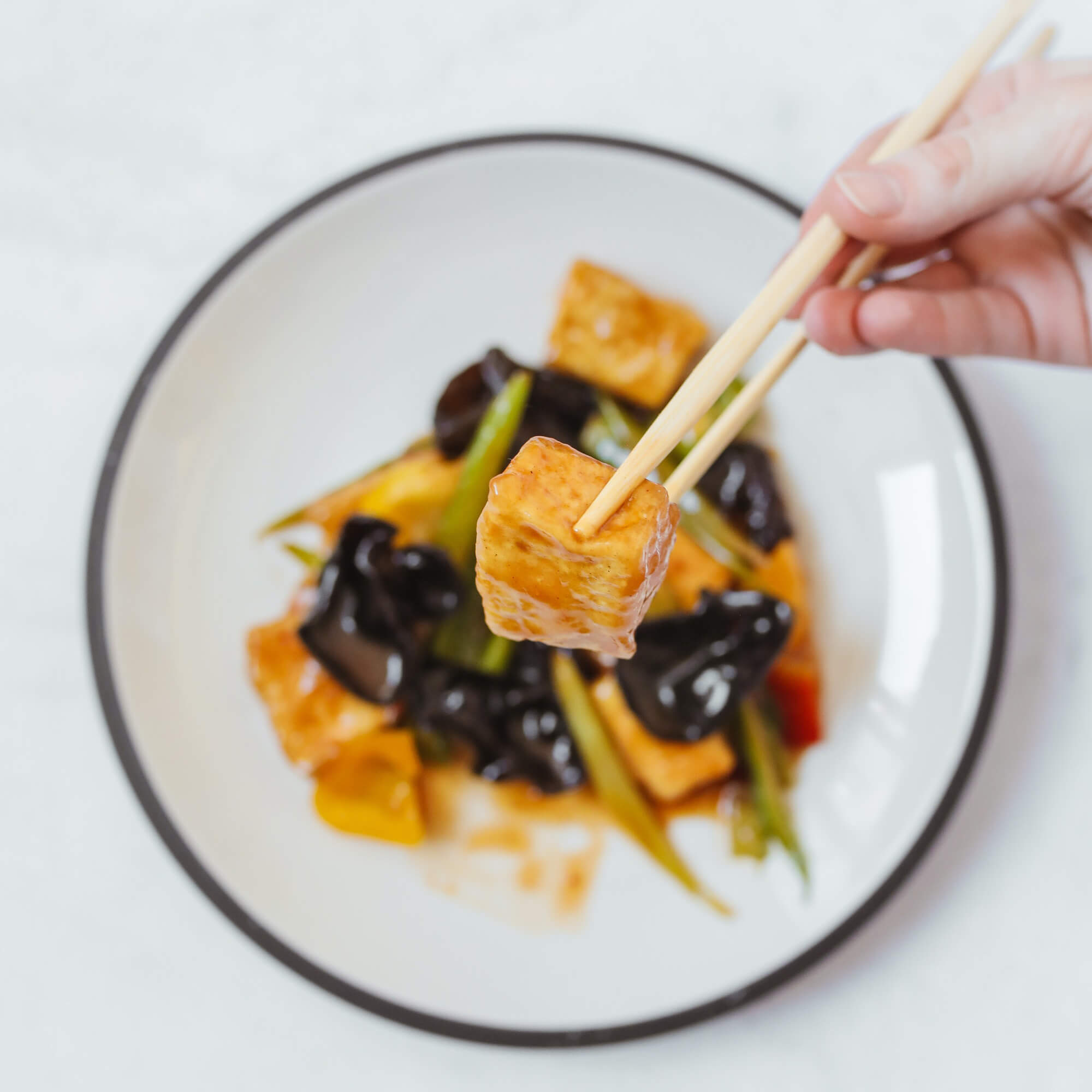


share
click to LEAVE A COMMENT